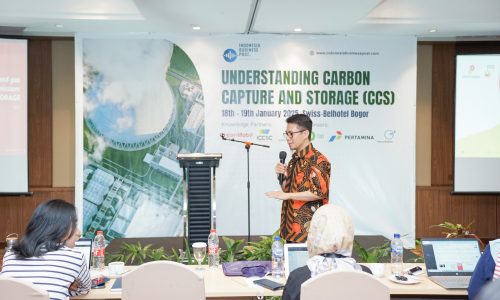The government is planning to impose taxes on transactions conducted in social commerce. This measure follows the revision of Trade Minister Regulation (Permendag) No. 50 of 2020 concerning Electronic Commerce (PMSE), which will include provisions for taxing purchases made in social commerce platforms such as TikTok.
Anggini Setiawan, Head of Communication of TikTok Indonesia, expressed support for and welcomed the revision of Permendag No. 50 of 2020.
She stated that TikTok would comply with all the regulations once they are officially approved. She made this statement during a press conference at the Ministry of Cooperatives and SMEs on Wednesday, July 26, 2023.
Equal opportunities to server the market
Anggini mentioned that the revision of the regulation would provide equal opportunities for all platforms to innovate and serve the market.
She acknowledged that despite the absence of specific regulations regarding social commerce, TikTok Shop has already been subjected to taxes, as it is an obligation related to their operational activities.
Nailul Huda, a researcher at the Institute for Development of Economics and Finance (Indef), revealed that taxes have not been imposed on social commerce transactions up until now.
He suggested that the taxation should differentiate between sellers who are also producers and those who are importers.
Huda argued that imported products should be subject to higher taxes or costs. This approach could reduce the number of domestic sellers who sell imported goods within the country and encourage them to switch to selling local products on social commerce platforms, thereby creating an equal playing field.
Applying restriction on cross-border products
Meanwhile, Fiki Satari, Special Staff at the Ministry of Cooperatives and SMEs, stated that the revision of Permendag No. 50 of 2020 is still awaiting harmonization processes at the Ministry of Law and Human Rights.
He mentioned that crucial aspects have been agreed upon with the Ministry of Trade regarding the revision.
One of the important provision in the revision is the restriction of cross-border products based on a certain price threshold, which is set at US$100 USD.
This means that products purchased from social commerce platform may only enter Indonesia if the price is higher than US$ 100.
The second aspect is the aggregation process, where local markets and online retailers are prohibited from aggregating products unless they are from SMEs with a valid Business Identification Number (NIB).









